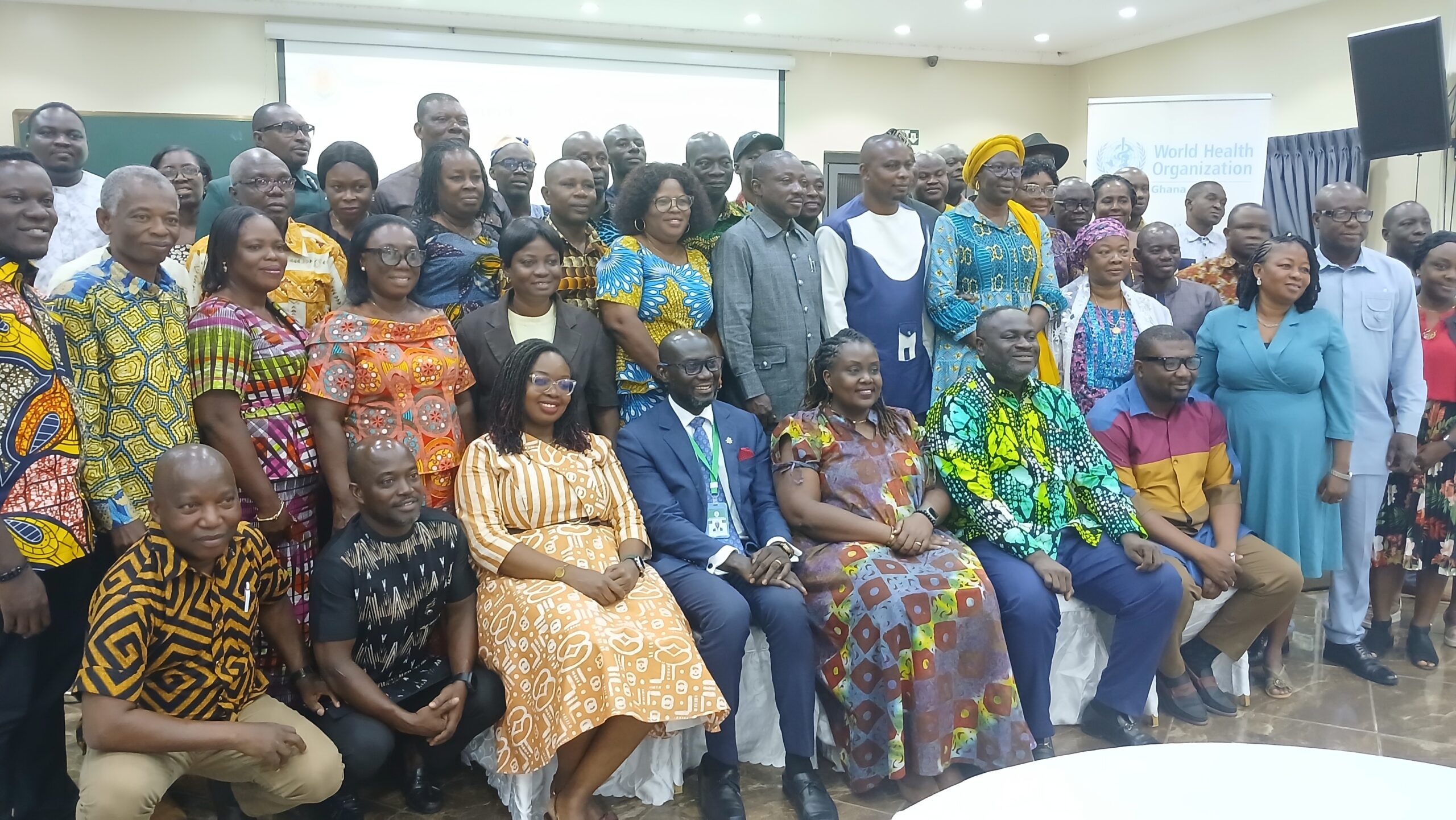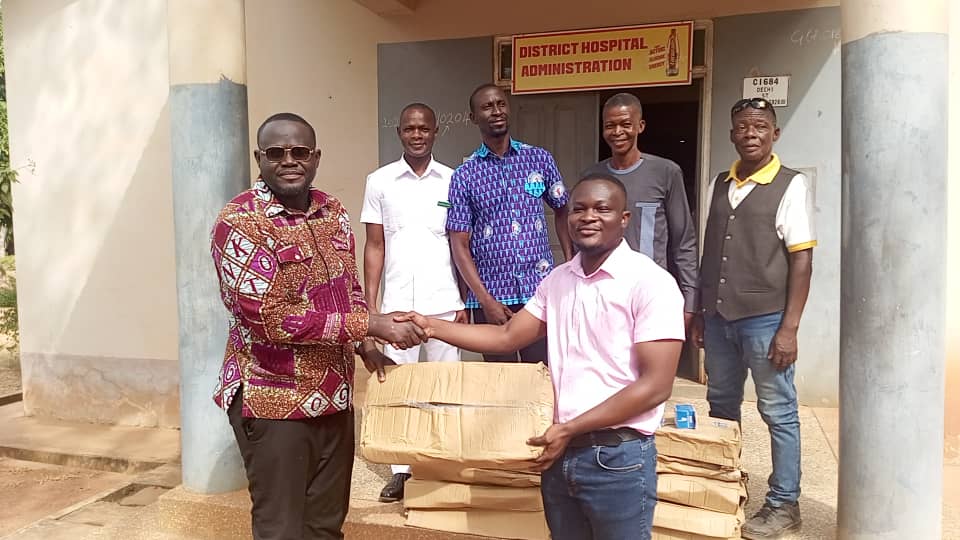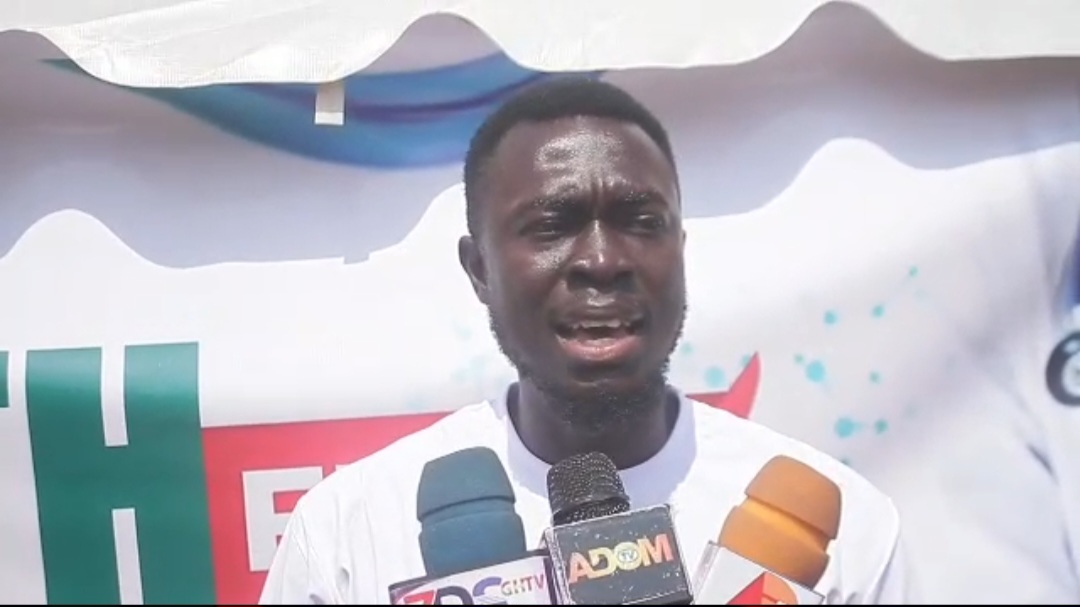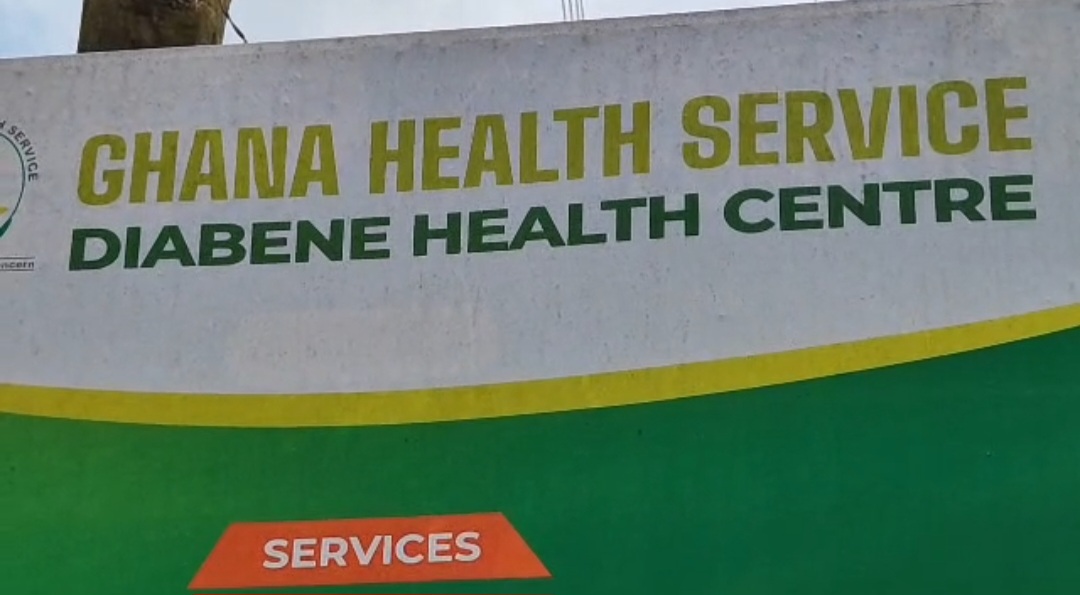Ghana Joins Global Efforts To Combat Cervical Cancer With HPV Vaccine Introduction

The World Health Organization (WHO) Representative, Dr. Fiona Braka, has highlighted the alarming statistics of cervical cancer globally, with over 600,000 women diagnosed annually, making it the fourth most common cancer among women worldwide.

Sub-Saharan Africa, Central America, and South-East Asia bear the highest burden of the disease, with more than half of those affected succumbing to it, and alarmingly, 9 out of 10 deaths occurring in developing countries.
In Africa, over 70% of cervical cancer cases are diagnosed at advanced stages, resulting in poor treatment outcomes and devastating financial consequences for families and health systems.

Dr. Braka emphasized that this level of suffering is unacceptable and must end. Ghana has now joined over 140 countries globally, including 28 in the WHO African Region, in introducing HPV vaccination into their routine immunization programs.
The global agenda to eliminate cervical cancer is aligned with Sustainable Development Goal 3.4, aiming to reduce premature mortality from non-communicable diseases by one-third by 2030.

The WHO’s “90-70-90” strategy sets ambitious targets 90% of girls fully vaccinated against HPV by age 15 while 70% of women screened at ages 35 and 45, she said 90% of women with pre-cancerous or cancerous lesions receiving appropriate treatment by 2030.
According to her, Ghana’s introduction of the HPV vaccine is a significant step towards combating cervical cancer.

The vaccine she said will be delivered through the national immunization programme, ensuring equitable and sustainable access for all girls aged 9-14 years.
She indicated that School-based vaccination is a vital strategy, leveraging Ghana’s School Health Programme, which has successfully delivered other health interventions.

Dr. Braka urged partners in the media to disseminate accurate, science-based information and share human-centered stories reiterated the impact of HPV vaccination.
She emphasized the importance of collaboration between health and education sectors to ensure healthcare workers have access to schools and that no eligible girl is left behind.
.
She stressed that Cervical cancer elimination is within reach and Ghana is well-positioned to win the fight, as the WHO remains committed to supporting the Government of Ghana in achieving health for all.
She expressed the view that by uniting in support of HPV vaccination, Ghana can protect the health of its women, strengthen its communities and secure a brighter future.

The expected outcome for the meeting is to improve knowledge on Cervical Cancer burden and HPV vaccine introduction in Ghana, Role of partners in the education sector clearly, effective strategies to rollout vaccination discussed and commitment from stakeholders secured.
Dr Fred Adomako Boateng, Ashanti Regional Director of Ghana Health Services (GHSs) at meeting, indicated that the introduction of HPV vaccine would offer a big opportunity to protect girls before they are exposed to the virus that cause the disease.

He disclosed that Ghana Health Services (GHSs) has scheduled to vaccinate all girls from aged 9 to 14 years against Cervical Cancer and give them protection towards a healthier cervical cancer free.
He reminded the stakeholders in education that their role to the success of the vaccination exercise is indispensable.

He reiterated that the students takes what teachers tell them more important than even what they heard from their parents and urged them to to take keen interest in the success of the vaccination exercise.
Story by Bismark Mensah@A/R.



